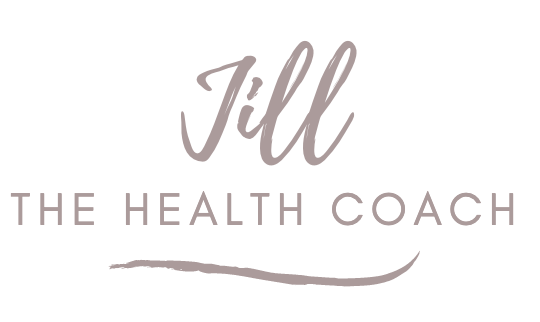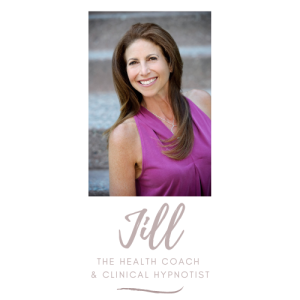Who doesn’t like a sweet treat sometimes? I know I do.
But when it comes to sugar-free alternatives, I am leery.
About 25 years ago, I was addicted to Diet Coke which contained aspartame or better known as NutraSweet or Equal. I had gotten very sick before realizing that the cause was this dangerous sweetener. Thankfully, I cut this out of my diet before my debilitating symptoms got even worse. And when I stopped, most of my symptoms “magically” disappeared. Please see my whole story here.
We now learn that a new article published by Nature Medicine on the popular sweetener, Erythritol, shows a link of heart attack and stroke.
Erythritol is a sugar alcohol that is commonly used as a sugar substitute in many foods and drinks. It is known for its low calorie count and minimal effect on blood sugar levels, which makes it an attractive alternative to sugar for those trying to maintain a healthy diet. However, this recent study has raised concerns about the impact of erythritol on heart health.
In the study, people with existing risk factors for heart disease, such as diabetes, were twice as likely to experience a heart attack or stroke if they had the highest levels of erythritol in their blood.
CNN Health reported that “Additional lab and animal research presented in the [Nature Medicine] paper revealed that erythritol appeared to be causing blood platelets to clot more readily. Clots can break off and travel to the heart, triggering a heart attack, or to the brain, triggering a stroke.”
Erythritol happens to be in a ton of products these days:
- Sugar-free gum such as Trident Sugar-Free Gum
- Sugar-free candy such as ChocZero Sugar-Free Chocolate
- Ice cream such as Halo Top Ice Cream and So Delicious Dairy-Free Ice Cream
- Protein bars such as Quest Protein Bars.
- Baked goods such as Smart Baking Company Smartcakes, Lakanto Brownie Mix, Swerve Vanilla Cake Mix
- Beverages such as Bai Antioxidant Infused Beverages, Zevia Zero Calorie Soda, Sparkling Ice, Monster Energy Zero Ultra.
- Sugar substitutes such as Swerve.
It’s important to note that erythritol is often used in combination with other sugar substitutes or natural sweeteners, such as stevia or monk fruit extract, which can be very deceiving. I am a fan of stevia and monk fruit and it is a shame they often don’t sweeten products using just those more natural single sweeteners.
To be clear, in the paper, the people most at risk were people who already had risk factors. And of course, theses are the folks that are “recommended” the most to use these processed sugar substitutes (I always prefer natural over processed).
Does this mean it is wise to cut erythritol out completely?
The study does not specifically address any problems with occasional use and did not seem to have as severe effect with those who do not have risk factors. I’m not sure daily use is wise, but in moderation may be OK for the healthier category of people.
So, what are better and least processed alternatives?
As I just mentioned, I am a fan of stevia (I like Green Leaf as there is no bitter aftertaste) as well as monk fruit.
However, I also enjoy more natural, old time sweeteners such as pure honey and pure maple syrup and blackstrap molasses (my latest obsession that I pour into my tea). When I bake, I also tend to use fruit as sweeteners. Soaked dates or date paste work very well in addition to bananas and applesauce.
Of course, I use all of these sweeteners in moderation as I just don’t crave them like I used to.
But, how do you stop those sweet cravings?
My client put it best when she said, “I stopped craving sugar when I stopped eating it.” She was 100% right!
On a physiological level, when we eat sugar, it feeds little buggers (bacteria in our gut) who keep letting us know they are hungry–the very cravings you experience! And the more you feed them, the more they procreate producing MORE hungry buggers. So….stop feeding the buggers and you will stop getting those cravings.
Make sense?
So, bottom line, beware of anything processed. Eating REAL, low sugar food is always your best and safest alternative for a long SWEET life.
Xo,
Jill
“It is our choices that show what we truly are far more than our abilities.”
Live well and love more,
Jill Gordon
CHHC, MHt, MNLP, MTT, MSC, CLC
Certified Holistic Health Counselor, Master Certified Clinical Hypnotist*, Master Practitioner of Neuro Linguistic Programming*, Master Certified Life and Success Coach*
*Board Certified with IBCP (International Board of Coaches and Practitioners)
www.JilltheHealthCoach.com


